Sailing is a sport that requires motivation.
Motivation to maintain your fitness levels.
Motivation to rig and de-rig a boat.
Motivation to get out on the water, irrespective of wind and weather conditions.
And many other water-sports are similar, requiring extra kit and determination to work with the elements to achieve your potential. Fluidity with decision-making and training are also required, reflecting the nature of water itself. When sailing, either at inland or coastal venues, we have to accept the power of the water, wind and weather conditions. Water makes up over 70% of the Earth’s surface, and therefore, it seems reasonable to honour it and give it the respect it deserves. Water-sports require a great deal of acceptance, particularly when competitions and regattas can be delayed, postponed and even cancelled if there are not adequate conditions. Consequently, sometimes motivation may not be the expected get-up-and-go attitude which you need to turn up to events and race well. Motivation may be found in the form of patience – waiting for the wind to fill in or die down – and keeping a calm mind while decisions are being made.
When pondering on the essence of motivation and how we can harness it to train and perform at our best, I was encouraged to think about my own water-sports adventures, and particularly in 2022 so far. We have seen everything grind to a halt during 2020/2021, and water-sports was hit especially hard, as restrictions meant that many of us couldn’t train on the water, and had to resort to alternative methods for training. Just before lockdown, I had completed my penultimate term at university for my undergraduate study, and was looking forward to sailing events after finals. Every weekend, we had university team sailing training and this was a welcome release of energy. I continued to feel motivated to spend the required hours in the library, surrounded by books and research, knowing that I would be able to get out onto the water and focus solely on drills, tactics and developing my understanding of team racing.
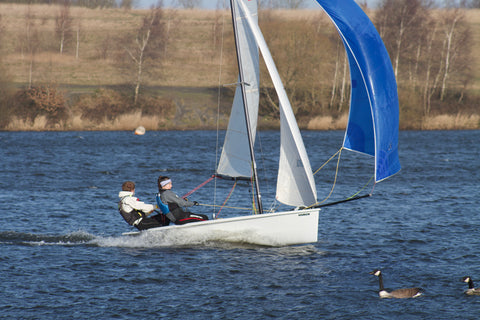
Team racing was a new form of racing at that time, and I was keen to learn more about it, to improve my own fleet racing for the future. During this time, I started to build up my bag of sailing kit, as the harsh weather during the winter season meant that polypro, aquafleece headband, neck gaiter, and hikers were a necessity. My aquafleece has remained a staple, and I often found myself wearing it onshore when cycling to lectures and societies in the rain and wind. When I didn’t return back to university for our finals and had to complete everything online, including a 10,000 word dissertation, motivation became an important quality of everyday life. Knowing that there was just me, zoom calls with my tutor and the screen in between me and my degree created a very strange scenario.
From the beginning, I set myself daily tasks alongside my academic study, to ensure I took advantage of the time spent at home before starting a Masters in September 2021. Like many of the global population, I experimented with baking and cooking, set up foodie social media accounts, did online workouts, and went out walking with picnics and a hot drink. During this time, I also bought an RS200 and worked on the rigging with my helm, enjoying very varied weather conditions during the time periods when the club was open for sailing and racing.

I was delighted to be able to go to Torquay last summer for the Summer Regatta 2021 at Royal Torbay Yacht Club. This was a great opportunity to test the boat in a coastal location and compete against others in the class. It was also a test of motivation as the second day saw huge gusts and dramatic weather conditions, meaning that we had to wait and watch with our rigging gear to see if the wind would lessen. Since then, I have continued to train at various clubs, and my motivation has been consistently tested, often with a lack of wind leading to onshore training and various hikes in brightly coloured sports leggings around the Peak District. I have enjoyed paddle-boarding in the sunshine, and look forward to more opportunities to wear shorts and sunglasses out on the water during the summer months. Throughout this time, I have also built up my skills in wake-boarding which requires a different kind of motivation for me – namely, that your mind has power over your body, and sometimes you have to ‘take the plunge’.
Facing physical obstacles and the power of my wake means that I often consciously move my body and trust the outcome – always making sure I have the right kit helps too…Rooster hot hands and rash tops are a must in winter!

Overall, this year has been full of unexpected situations, both on and off the water, but I think motivation and finding out what are the reasons behind my motivation or lack of it have been extremely useful and rewarding. Planning, setting myself a goal, positive self-affirmations and even imagining results are all techniques which I have found to be vital in learning more about myself and my motivation. I hope these thoughts are helpful. I finish with some of my favourite motivational quotes:
“Push yourself because no-one else is going to do it for you” - Author Unknown
“Don’t put a limit on anything. The more you dream, the further you get” - Michael Phelps
“The most important thing in the Olympic Games is not winning but taking part; the essential thing in life is not conquering but fighting well.” - Pierre de Coubertin
“To uncover your true potential you must first find your own limits, and then you have to have the courage to blow past them.” - Picabo Street
To read more from our Ambassador Sitara Bartle, head to https://sitarabartle.wixsite.com/shiningbright/blog




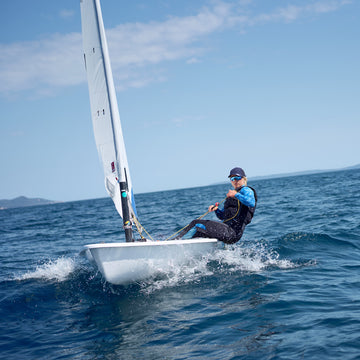
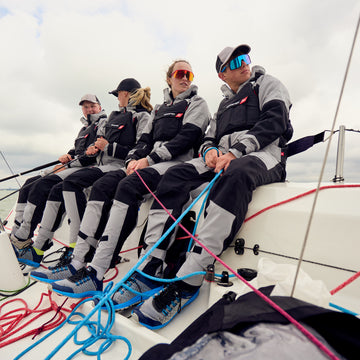
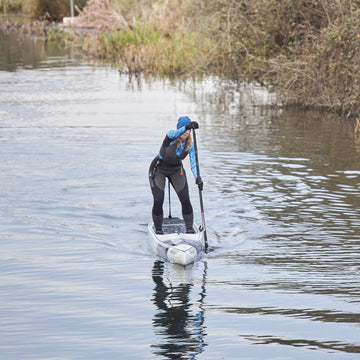
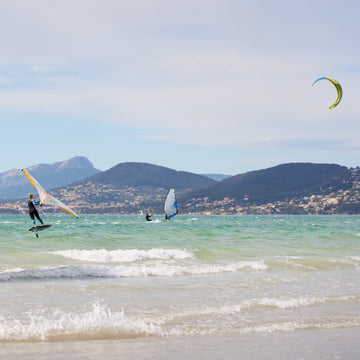
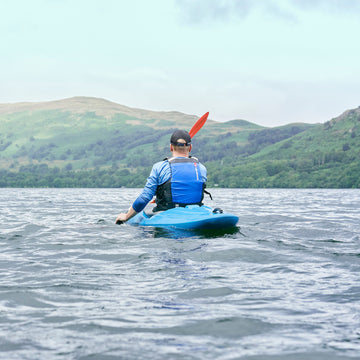
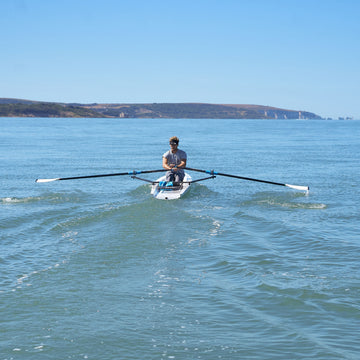
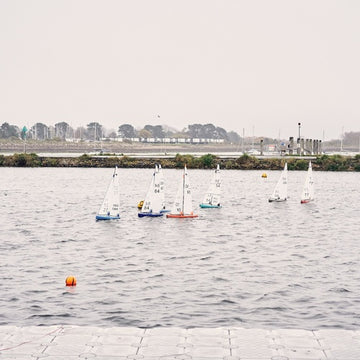
 Select Store
Select Store
 EU
EU
 US
US
